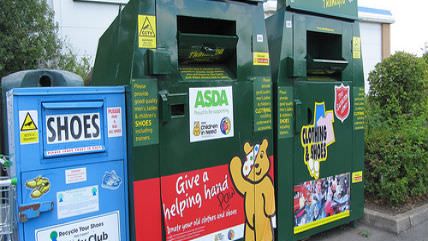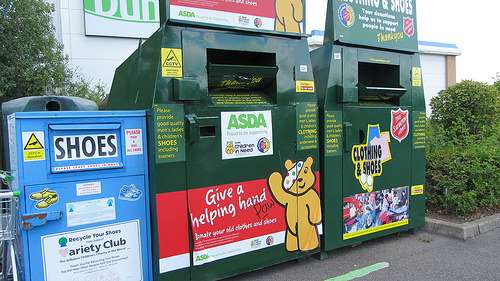Charity Navigator Revamps Ratings System to Evaluate Charities' Actual Results

Charity Navigator, a nonprofit that evaluates American charities for efficiency and responsiveness, has announced a significant change to its ratings system: in addition to evaluating "financial health" and "transparency," the organization will start to assess charities based on their results.

Through a short video and concept note, Charity Navigator President and CEO Ken Berger explained the (seemingly obvious) motivation behind the decision:
Why is it important that Charity Navigator add a review of each charity's Results Reporting to its methodology? Because mission-related results are the very reason that charities exist!
Criticizing the current state of affairs, the concept note continued:
The current norm of charity reporting, as represented by websites and annual reports, is little more than promotional marketing. It is not possible today to make even preliminary assessments of the effectiveness of the overwhelming majority of America's charities on the basis of what those charities publish about their results.
How will Charity Navigator actually gather and measure results? Berger provided a few illustrations of how the evaluation system might look. For instance, Charity Navigator might distribute questionnaires to charity recipients to try to gauge their satisfaction with the service. It also might collect a charity's self-reported data on how much it has accomplished certain objectives, such as the number of successful surgeries performed on impoverished children. Fundamentally, charities will need to prove that they are meeting certain performance criteria, are demonstrating an understanding of their weaknesses, and have plans in place to improve.
Some charity leaders have expressed their reservations. Doctors Without Borders Executive Director Sophie Delaunay told NPR she's wary of a system that would grade a nonprofit based on its results, since they could be too difficult to measure. For instance, distributing surveys in a war zone would be "totally unrealistic."
"There is no way we're going to send a questionnaire to our patients, who are displaced and in a dramatic state, about whether they are satisfied with our care," Delaunay said.
In the concept note, Charity Navigator acknowledged that there are inherent challenges to measuring a charity's outcomes. Berger stated that questionnaires are just one example of how they will evaluate results.
While using outcome-based evaluations may seem like an obvious approach, the practice has only been gaining mainstream popularity over the past decade. Before the mid-2000's, there were virtually no prominent charity watchdog groups devoted to measuring "effective giving." Today, there are many, including Innovations for Poverty Action, Good Intentions Are Not Enough, GiveWell and Giving What We Can.
Charity Navigator's decision to jump on board may have also been influenced by growing criticism that one of its main approaches to measuring effectiveness — calculating how much charities allocate towards administrative costs — may be misguided. The most famous criticisms come from fundraiser Dan Pallotta, who delivered a TED talk and sat down with Reason TV, to discuss how we should not "equate frugality with morality" when evaluating non-profits because large overhead costs are often necessary for high-quality projects. These costs, Pallotta says, can be used to help attract top-notch leaders through competitive salaries, amplify a non-profit's reach through advertising, and attract risk capital through profit. Instead, Pallotta suggests, we should view non-profits more like businesses and judge them on the breadth of their accomplishments.
The implications of Charity Navigator's decision could be pretty significant. The American non-profit and humanitarian aid sector is becoming increasingly powerful: it has grown by 25% since 2001 and handles over $200 billion in donations every year. Donors want to be sure that that money's going to the right places. Perhaps even more importantly, researchers have used Charity Navigator's data on spending habits to show that private charities are generally much more efficient than government welfare agencies in servicing the poor. With Charity Navigator's new Results Reporting, we may learn that private charities also have greater impacts.
